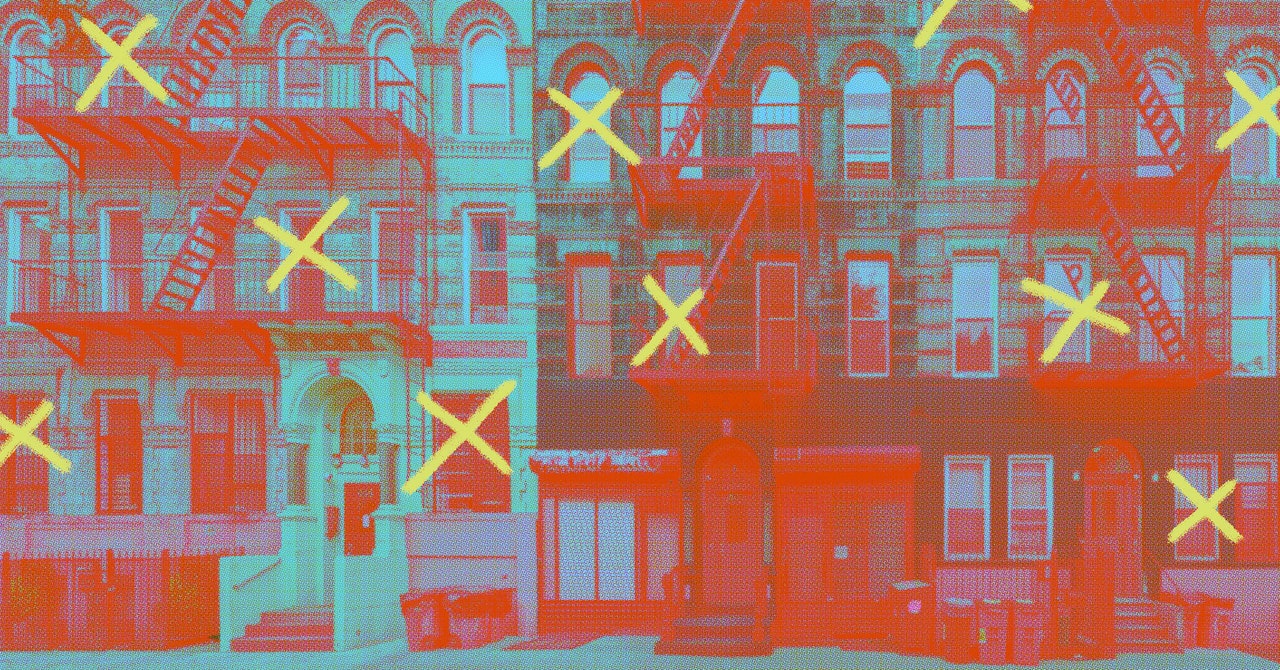It was one year since New York City passed a law banning most entire short-term apartment rentals on platforms like Airbnb. Since then, the number of stays under 30 days has plummeted in the city, but Airbnb has raised questions about whether lawmakers’ stated goals of reducing rents and opening up apartments to permanent residents have been achieved.
The law allows people to rent out rooms in their homes to just two guests for stays of less than 30 nights and requires hosts to register their apartments with the city. For stays of less than 30 nights, hosts must be at home. (Entire apartments and homes can still be found on platforms like Airbnb, Vrbo and Booking.com, but must be rented for 30 nights or more.) Yedinsky says Airbnb is urging New York to allow people to rent out their full primary residence when they are away for short periods of time and to repeal an ordinance requiring no locks on interior doors.
When New York passed the law, many saw it as a test case for ways to curb short-term rentals. Other cities around the world are struggling with how to regulate rents, which can lead to noise and parties and can shift housing from locals to tourists. (In 2022, more apartments were listed on Airbnb than were available for long-term rent in New York City. Many of these listings were illegal, but the city had no enforcement mechanism until last year.) This summer, Barcelona went even further than the New York, announcing that all short-term rentals will be banned by the city at the end of 2028.
Opponents of the law say the regulations are onerous. They block not only mega-landlords, but also many one- and two-family homeowners from making excess income to offset their own housing costs. In the days after the law went into effect, the number of short-term rentals on Airbnb fell by 15,000, a nearly 70 percent drop. The impact is most dramatic outside of Manhattan. In some surrounding neighborhoods, the number of short-term rental listings has dropped by 90 percent since the law went into effect, according to data analytics company AirDNA.
As of July, there were just over 5,000 short-term rentals on Airbnb in New York City, but more than 32,000 stays were available for 30 nights or more, according to Inside Airbnb, a housing advocacy group that tracks the platform. These numbers suggest that many short-term stays are not converted to annual rentals, but instead remain on Airbnb as medium-term stays.




